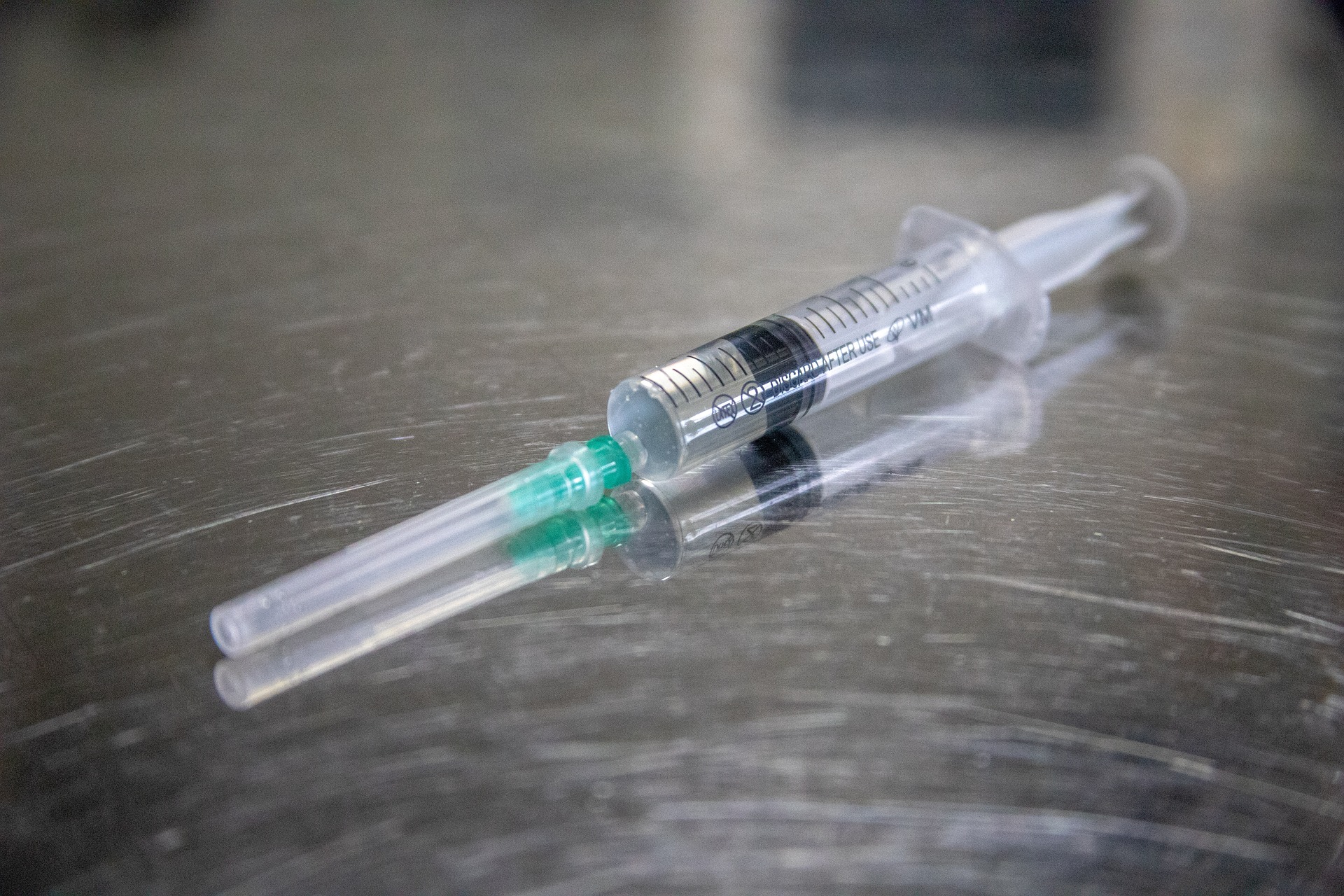Media release
From:
Germline-targeting HIV vaccine induces broadly neutralizing antibody precursors in humans
A Phase 1 clinical trial provides promising results for a broadly neutralizing antibody (bnAb) HIV vaccine, according to a new study. The findings of this first-in-humans test establish a clinical proof-of-principal for germline-targeting vaccine design for HIV and other intractable pathogens. A preventative HIV vaccine is urgently needed to put an end to the HIV/AIDS pandemic. One that elicits the production of broadly neutralizing antibodies (bnAbs), which can recognize the globally diverse strains of HIV and protect against infection, could provide an ideal solution. However, triggering bnAbs through vaccination has not yet been possible. One of the key challenges towards achieving this goal is that bnAbs rarely develop during infection, and, in humans, bnAb-precursor B cells are rather uncommon. An effective bnAb HIV vaccine will need to recruit rare bnAb precursors through germline-targeting to produce HIV bnAbs. Here, David Leggat and colleagues present results from a randomized, double-blind, placebo-controlled phase 1 clinical trial showing that a germline-targeting priming immunogen was safe and feasible, and induced bnAb-precursor responses in 26 of the 27 vaccine recipients (97%). Leggat et al. designed a germline-targeting, self-assembling nanoparticle immunogen, eOD-GT8, which presented 60 copies of an engineered HIV envelope protein containing mutations designed to enhance its affinity to recruit rare bnAb precursors. “The clinical trial reported by Leggat et al. provides persuasive human data supporting the concept of germline targeting,” writes Penny Moore in a related Perspective, which discusses the study’s findings and limitations in greater detail.
Expert Reaction
These comments have been collated by the Science Media Centre to provide a variety of expert perspectives on this issue. Feel free to use these quotes in your stories. Views expressed are the personal opinions of the experts named. They do not represent the views of the SMC or any other organisation unless specifically stated.
Associate Professor Clive Aspin is from the Faculty of Health at Te Herenga Waka Victoria University of Wellington
This is exciting news, especially for those people who have borne the brunt of the HIV pandemic – indigenous people, women, people in resource poor countries.
Now is the time for these researchers to be planning how this vaccine will reach these people and contribute to a reduction in the HIV disparities we see around the world, including in New Zealand and Australia where the indigenous peoples of both countries experience worse HIV outcomes than others.
The recruitment process for this study suggests the researchers need to build effective engagement with adversely affected communities to ensure that the vaccine roll-out achieves its maximum impact and reaches those communities that are in greatest need of a vaccine.
The science behind the development of this vaccine is important but just as important is the engagement with affected communities, especially those which have been most affected.
It is sobering to think that this clinical development has been 30+ years in the making and that scientists have devoted their entire careers to this approach. One would hope that the same amount of time and energy has gone into effective implementation once the breakthrough has occurred.



 International
International


